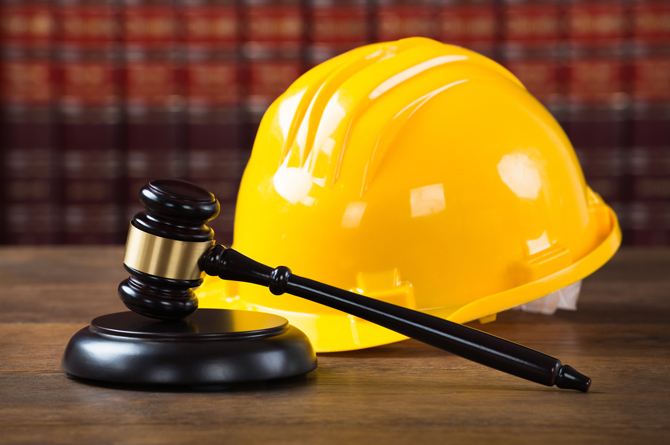Summary: Construction projects rely on the accuracy of the contract, which directly correlates to its success.
Disputes in the construction industry often arise because project managers and other members of the team are not open to compromise and aren’t on the same page in terms of the contract. As a result, many of these disputes end up in court.
This article is designed to showcase some of the common issues in the industry and what steps are commonly taken to handle construction claims management.
Areas of Dispute
Conflict that occurs over the contract has become one of the main areas of dispute. These issues generally occur between the general contractor, owner, or subcontractor. Because contractors have a tendency to interpret the plans in a different manner, the owner may have a different vision than what the team is strategizing, especially when the plans are unclear.
There is often an implied warranty when it comes the owner to ensure that the plans are designed to be accurate and doable. However, there are common exculpatory clauses within the contract where the owner can put the blame on the contract instead.
Outside Work
Disputes over extra work and change orders can come down to the price of the order and whether the contractor is entitled to taking on more time. Frequently, the owner can request a price for the work but then disagree with the request of the extension, which limits the contractor’s ability to proceed.
This situation may leave all parties fighting over the amount at the end of the project. Unfortunately, the impact of this claim must wait until the project is completed to determine the impact on the construction project. Parties may hire a construction expert like Lyle Charles of Lyle Charles Consulting for help on how to proceed.
